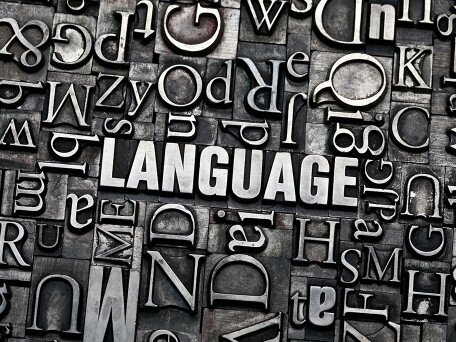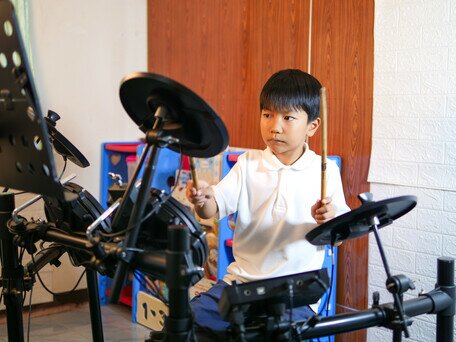Autofiction as Event: Digital Methods and Contemporary Literature in English
- Project Scheme:
- General Research Fund
- Project Year:
- 2024/25
- Project Leader:
- Dr Clapp, Jeffrey Michael
- (Department of Literature and Cultural Studies)

Autofictions are necessarily stories about writers and writing, we turn to the tools of computational literary studies (CLS). CLS is an aspect of digital humanities which adopts methods from corpus linguistics and natural language processing to understand literature.
Autofiction has become a central facet of 21st-century Anglophone literature. By using (and disputing) the term “autofiction,” writers, publishers, readers, and critics have produced a new literary mode. Yet few have a clear sense of what this literary event means: muddled definitions and mixed feelings prevail. Some see autofiction as a simple hybrid—part autobiography, part fiction. Others stipulate that in autofiction, author, narrator, and protagonist must share a name and biography. Some are intrigued when writers put themselves at stake in their work. Others lament that the novel’s imaginative capacities should be reduced to gossip. Despite these differences, the event of autofiction has become impossible to ignore. In gathering preliminary data for this project, we identified more than two thousand different literary texts which have been described as autofiction. Some autofictional works are becoming canonical, with their authors winning prizes and posts. Because autofiction provides analytical leverage on contemporary literature as such, it matters for criticism. Autofictions are necessarily stories about writers and writing, and they articulate the lived experience of constructing the literary field, from enacting authorship on social media to experiencing precarity in the humanities. Finally, autofictional texts matter because they pervasively attend to central concerns of contemporary literary studies: ethical-political relationships with friends, strangers, and communities; more-than-human relationships with animals, materialities, and environments. Still, problems of novelty and definition mean that criticism of autofiction in English remains scattered and selective. We therefore begin by empirically investigating the emergence of autofiction as a concept and practice. Who writes autofiction, who publishes it, and who reads it? Who uses the word, and how? How has autofiction become an event in English-language literatures? To answer these questions and take criticism in new directions, we turn to the tools of computational literary studies (CLS). CLS is an aspect of digital humanities which adopts methods from corpus linguistics and natural language processing to understand literature. Collecting several hundred core autofictional texts, we digitize these works and conduct a comprehensive, multidimensional quantitative analysis. We employ established word frequency and genre analysis metrics, as well as more experimental techniques based on artificial intelligence and large language models. Ultimately, our project is cutting-edge not only because it provides new insight into an emerging genre, but because it offers a case study for what criticism can become when humanists take advantage of new reading and research technologies.








